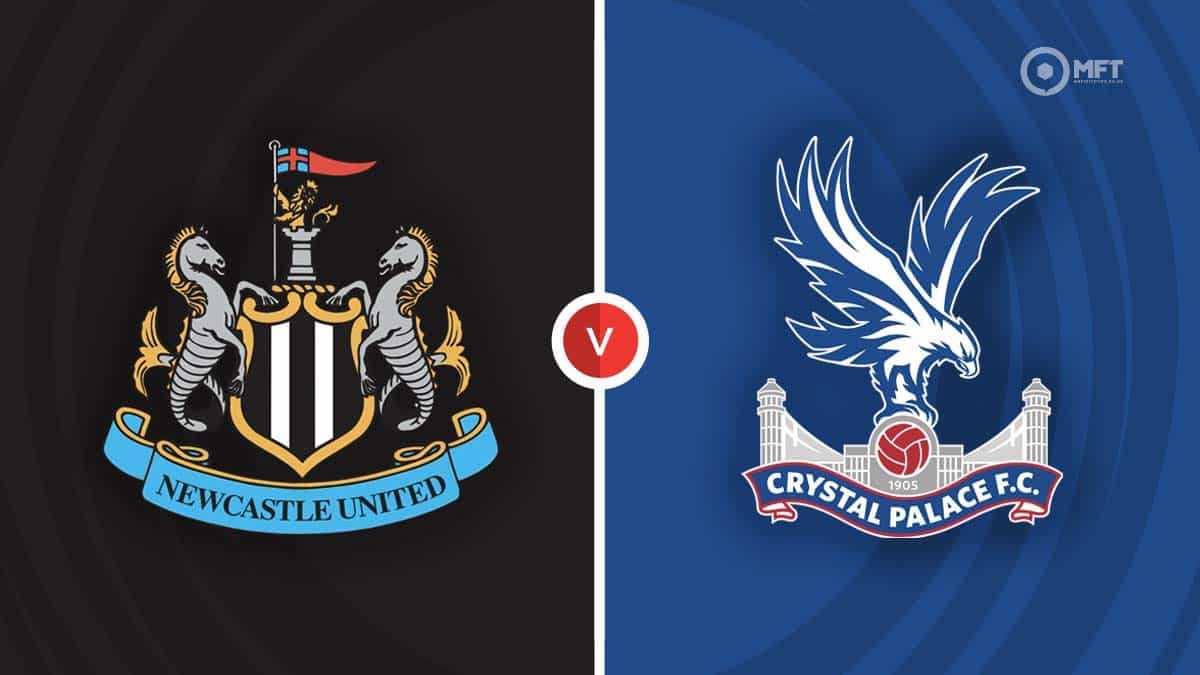Remember those Saudi-backed golf tournaments that popped up out of nowhere, offering crazy cash to lure big players away from the PGA Tour? Yeah, that whole situation is still a hot mess that has the golf world divided. In fact, since Jon Rahm's departure and the rumors of more defections from big stars like Viktor Hovland and Tony Finau, it's only led to further frustration among golf fans wanting to see the best play together.
Let's unpack this drama – it's got money, power struggles, ethical dilemmas, and some serious tension on the green.
What's LIV Golf, Anyway?
Picture this: a brand-new golf league rolls onto the scene, pockets overflowing with Saudi Arabian money. They call it LIV Golf (referencing the Roman numeral for 54 – the number of holes in their events). This league doesn't mess around with tradition; shorter tournaments, shotgun starts where everyone tees off at once, team competitions, a relaxed environment with music and players in shorts, just 14 events… and most importantly, massive payouts that blow the PGA Tour out of the water.
The Controversy: Big Money vs. Tradition
Naturally, when someone starts flashing that much cash, some of the top players – like Phil Mickelson, Dustin Johnson, Jon Rahm, and Brooks Koepka – get tempted. Suddenly, the established power of the PGA Tour faced a serious challenge. This wasn't just about a new golf format; it was a battle for the sport's very soul. The PGA Tour responded hard, suspending those who jumped ship to LIV, forcing players to choose.
More Than Just Golf: The Saudi Issue
The PGA Tour versus LIV Golf isn't just about disrupted routines and hurt feelings. There's a major elephant in the room: Saudi Arabia's human rights record isn't great. Critics accuse LIV Golf of being a ‘sportswashing' project – an attempt to distract the world from those issues by making the country look cool through sports. Can you really separate the massive LIV purses from where they come from? This moral tug-of-war adds a whole new dimension to the conflict.
Antitrust Wars and Legal Drama
This rivalry got messy fast. LIV Golf straight-up filed an antitrust lawsuit against the PGA Tour, claiming unfair competitive practices aimed at blocking their existence. The PGA hit back with a countersuit, and right now it's a tangled web of court battles. Think less civilized putting and more vicious boardroom brawls.
In June, the PGA Tour and Saudi Arabia reached an agreement with the Public Investment Fund (PIF), leading to a potential merger deal within the next couple of months. Many point to this as a turning point that could eventually bring the two tours back together in some capacity. Until then, LIV is still aggressively trying to poach PGA Tour players, striking a further divide.
Is Golf Forever Changed?
The fallout from the PGA-LIV clash is huge. Can golf's top tours coexist? Will some players forever be banned from PGA events? Could all this lead to a complete reshaping of pro golf as we know it? Many worry about the game splintering – different tours, different rules, ultimately harming a sport built on legacy and shared competition. But hey, maybe someone out there likes the idea of shaking up the established order and taking risks. You can bet on your favorite sport, gamble on LIV, or sit it out and wait for the dust to settle.
LIV’s World Golf Ranking Problem
The biggest advantage the PGA Tour currently holds is their events allow players to get Official World Golf Ranking points, whereas the LIV Tour does not. The major reason for LIV being left out is that they have diluted fields with just 54-hole events; thus, their application for points was denied. This is significant because LIV players are allowed to play in golf’s four major championships but only if they qualify through exemptions, one of those being that you’re ranked in the top 50 in the world. Players with major championships, such as Cameron Smith, Rahm, and Koepka, automatically qualify given they recently won major titles. However, almost all non-major winners on the LIV Tour have slid down the world rankings and, therefore, won’t qualify.
So, What's Next?
Nobody holds a crystal ball, and even those fancy AI predictive models might struggle with this one. We could see further escalation, court cases dragging on for years. Then again, stranger things have happened, and a big merger isn't entirely impossible, especially with the PGA Tour’s recent deal with the Strategic Sports Group and their continued negotiations with PIF. Some PGA Tour players, however, such as Scottie Scheffler and Justin Thomas, think a stiff penalty should be implemented for any LIV golfer wanting to play in any future PGA events if a merger is done.
One thing's sure: the PGA-LIV story isn't done. Whether you cheer for the underdog shaking things up or root for tradition, this clash is far from over. Time will tell what this means for the players, fans, and the future of golf itself.
































 GambleAware
GambleAware